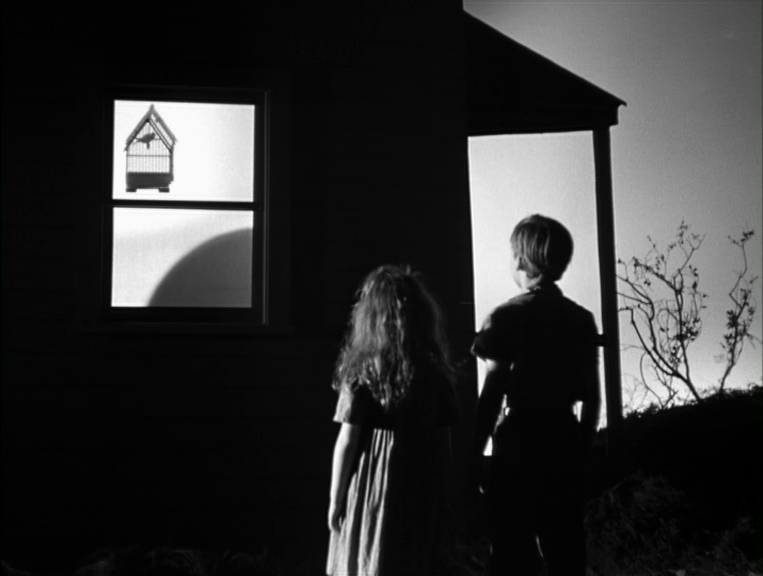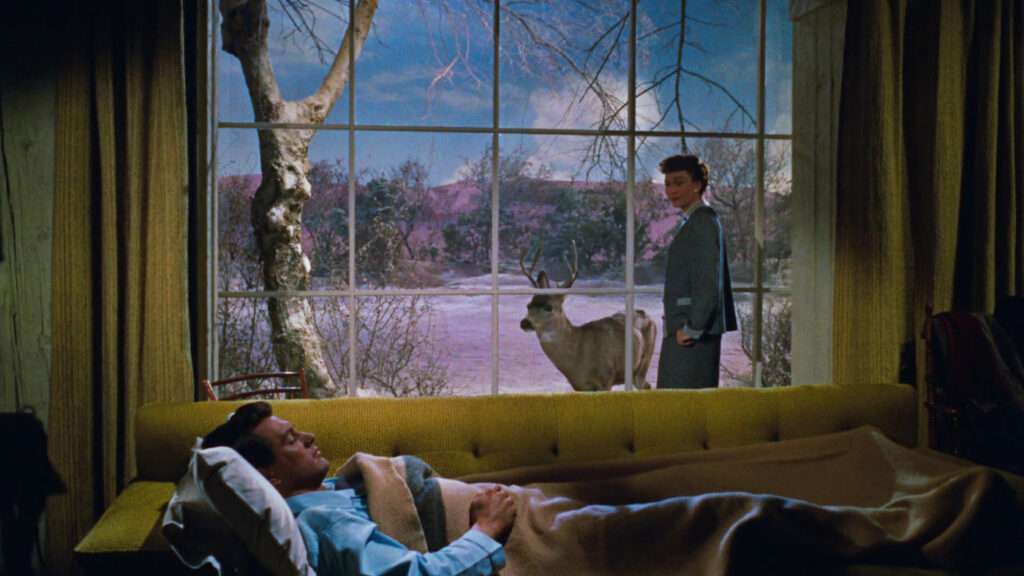Among the many comedic legends who have graced the entertainment world, Groucho Marx stands tall as a master of quick-witted humor. With his razor-sharp wit, double entendres, and impeccable timing, Groucho revolutionized comedy and left an indelible mark on the entertainment industry. This article explores the life and comedic genius of Groucho Marx, highlighting his unique style, unforgettable performances, and enduring legacy.
Born Julius Henry Marx on October 2, 1890, in New York City, Groucho Marx was the third of five Marx brothers. From an early age, Groucho exhibited a natural talent for making people laugh. Alongside his brothers, Chico, Harpo, Zeppo, and later Gummo, Groucho honed his comic skills in vaudeville, performing in various acts.
Groucho’s breakthrough came in 1924 with the Broadway musical “I’ll Say She Is,” where he first donned his iconic greasepaint mustache, thick eyebrows, and cigar. This distinctive appearance would become synonymous with Groucho and add to his comedic persona.
The Marx Brothers Era
Groucho Marx’s rise to stardom was solidified with the advent of the Marx Brothers’ films. Alongside his brothers, Groucho starred in a series of successful comedies, including “The Cocoanuts” (1929), “Animal Crackers” (1930), and “Duck Soup” (1933). These films showcased Groucho’s quick wit, wordplay, and irreverent sense of humor.
Groucho’s humor was characterized by his rapid-fire delivery, sarcastic remarks, and clever one-liners. His iconic catchphrases, such as “Why a duck?” and “I refuse to join any club that would have me as a member,” became part of the lexicon of comedy.
“You Bet Your Life” and Television Success
In the 1950s, Groucho Marx transitioned to television with the hit game show “You Bet Your Life.” The show ran for over a decade and cemented Groucho’s status as a beloved television personality. His knack for ad-libbing and engaging with contestants made the show immensely popular.
Groucho’s interactions with the show’s guests were marked by his ability to turn ordinary conversations into comedic gold. His quick-witted comebacks and playful banter showcased his improvisational skills and endeared him to audiences.
Cultural Impact and Legacy
Groucho Marx’s contributions to comedy and entertainment cannot be overstated. His influence can be seen in the work of countless comedians who followed in his footsteps, including Woody Allen, Mel Brooks, and Johnny Carson. Groucho’s style of humor paved the way for a new generation of quick-witted comedians.
Beyond his comedic talent, Groucho was also known for his social and political commentary. His satirical wit often served as a vehicle for highlighting societal absurdities and challenging the status quo.
The legacy of Groucho Marx lives on through reruns of his films, television appearances, and the enduring popularity of his catchphrases. His impact on popular culture is undeniable, and his comedic genius continues to entertain audiences of all generations.
Conclusion
Groucho Marx revolutionized the comedy landscape with his unique style, razor-sharp wit, and irreverent charm. From his early days in vaudeville to his iconic film career and successful television ventures, Groucho left an indelible mark on the entertainment industry.
Groucho’s ability to think on his feet, deliver rapid-fire one-liners, and engage in playful banter set him apart from his contemporaries. His comedic genius continues to inspire and delight audiences today, reflecting his timeless appeal.




